
AGE VERIFICATION
You need to be over 18 years old to enter Pask site.
Please verify your age before entering our site.
“Respect for the land, the community and our environment has been part of our business strategy and philosophy from the day we planted out first vines”
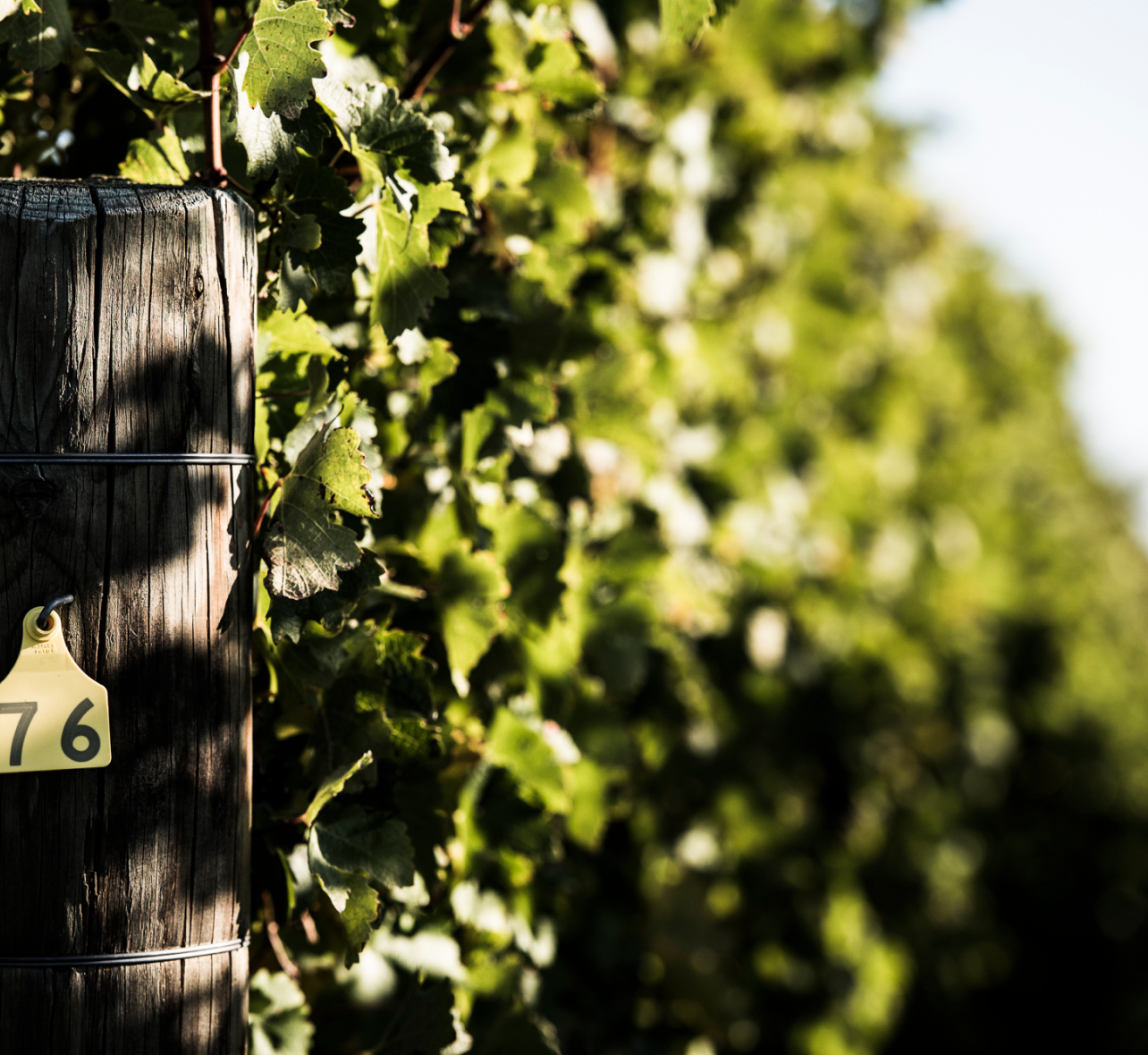
As the oldest wine-growing region in New Zealand, Hawke’s Bay boasts a mix of renowned international wine brands as well as innovative, independent winemakers, who transform small parcels of grapes into unique interpretations of their turangawaewae (the land where they stand).
Hawke’s Bay is home to the widest range of tertiary viticulture and wine qualifications in the country and is a widely recognised farming, agriculture and horticulture powerhouse, leading production for many of the country’s fruit and produce production and exports.
With 2320 annual sunshine hours, moderate rainfall, sheltering inland ranges and a warm maritime climate with a long growing season, the region is an ideal location for creating grapes of exceptional quality.Hawke's Bay has more than 4000 hectares of grapevines and is best known for Merlot/Cabernet blends, Syrah and Chardonnay.
In 2023, following the devastating Cyclone Gabrielle, Hawke’s Bay Winegrower’s were delighted with the news that our region has been named the 12th Great Wine Region of the World.
The accolade recognises Hawke’s Bay as one of the great wine regions of the world and a leading destination for wine tourism that sets it alongside eleven other prestigious wine regions such as Bordeaux (France), Napa Valley (USA), Bilbao (Spain) and Adelaide (Australia)
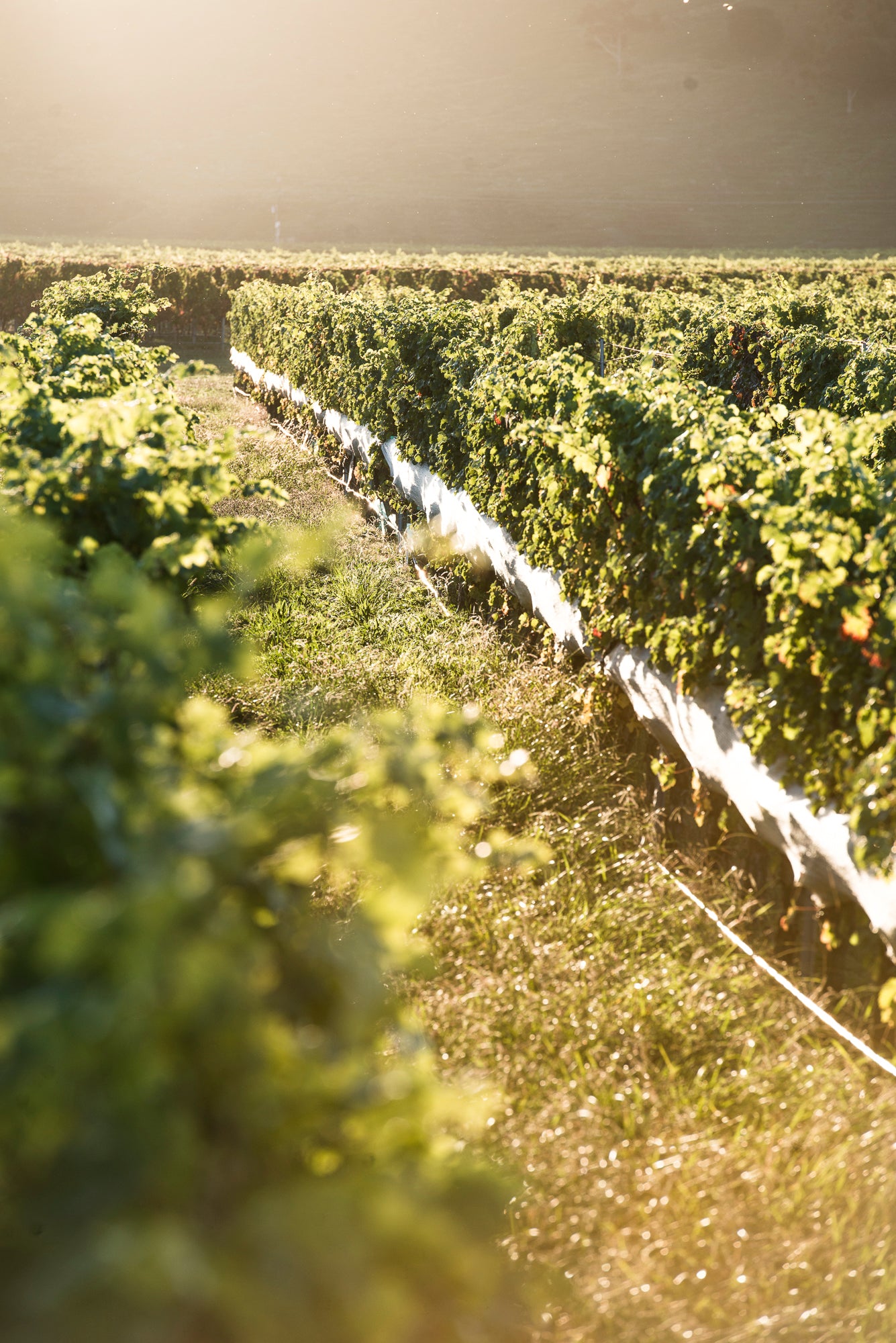
Our 60 hectares of vineyards are located on Gimblett Road, where we planted the first vines of what is now the world-famous Gimblett Gravels Winegrowing District. Gimblett Gravels is a unique area of land, comprising alluvial deposits exposed when the Ngaruroro River flooded and established a new path 100 years ago. The soil is low in nutrients and laden with stones, gravel and silt. It is this quality, coupled with the area's warmth, that makes it a perfect spot for viticultural and an integral component of our winegrowing story.
Daytime temperatures in our vineyards can be up to 3 degrees warmer during the day in summer and autumn compared with most other areas in Hawke's Bay, while thermal conductivity in the stones contributes to warmer evenings. With the vineyard sheltered from the prevailing winds by the landmark Roy's Hill, hot daytime temperatures coupled with the warming effects of the stony soil produce grapes of intense flavour.
Merlot has an excellent natural aptitude to our vineyard microclimate and is our most widely planted variety. It is supported by significant plantings of Chardonnay, Syrah and Cabernet Sauvignon. Select plantings of Malbec, Pinot Gris and Viognier are also in place.
Respect for the land, the community and our environment has been part of our business strategy and philosophy from the day we planted our first vines at Gimblett Road in 1981. We've been leading environmental responsibility and sustainability in the New Zealand wine industry ever since.
In 1998, Pask Winery became one of the first New Zealand wineries to achieve ISO 14001 accreditation. We believe that the only way to ensure the integrity of our wines is to own the full winemaking process and practice sustainable methods. That means sustainability is an all-encompassing philosophy for us.
Pask is also committed to NZ Winegrowers initiatives such as the Virus Elimination Project, aimed at monitoring and controlling grapevine viruses and eventually maintaining virus-free vineyards.
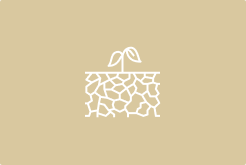
Monitoring for possible erosion risk and compaction, and ensure we maintain or increase organic matter in the soil.
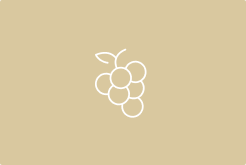
Returning used grape-skin matter, or marc, to the vineyard to be spread amongst the rows, with any excess donated to a local mushroom farm to ensure best use of winegrowing waste.
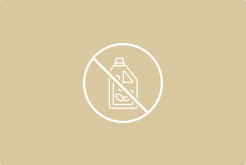
Avoiding the use of agri-chemicals and nutrient applications unless they are absolutely justified and only if they have been approved for use by Sustainable Winegrowing New Zealand.

Conserving water according to resource management protocols.

Replacing unproductive or diseased vines as soon as feasible, ensuring best use of scarce vineyard land and the uptake of resources by the vineyard.